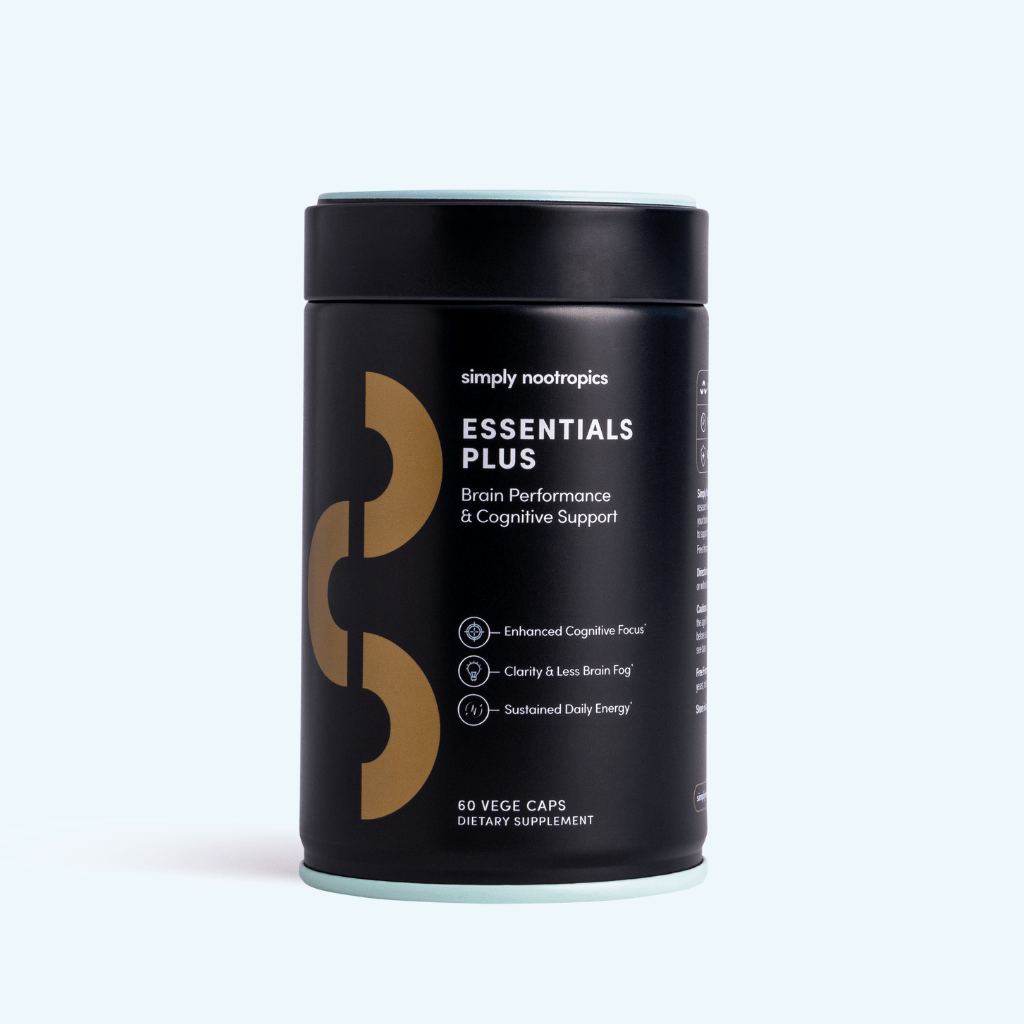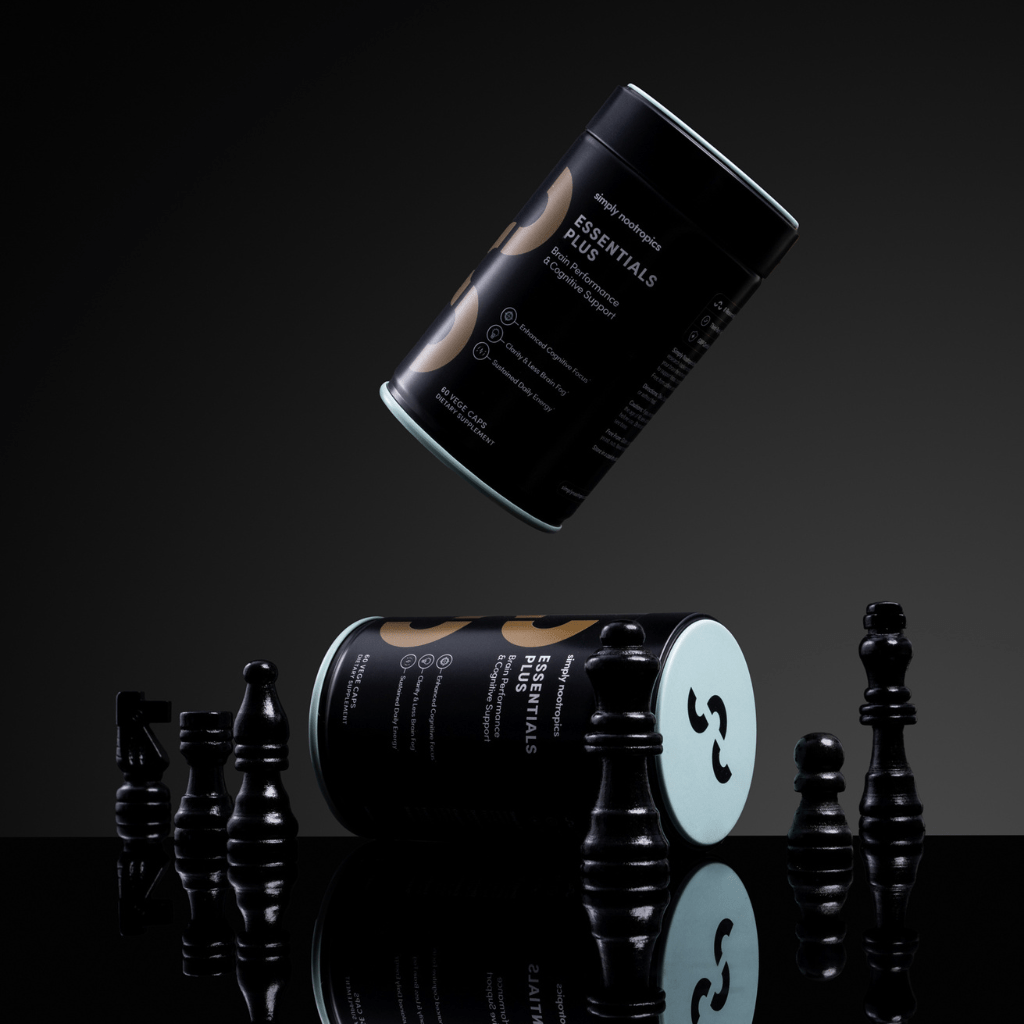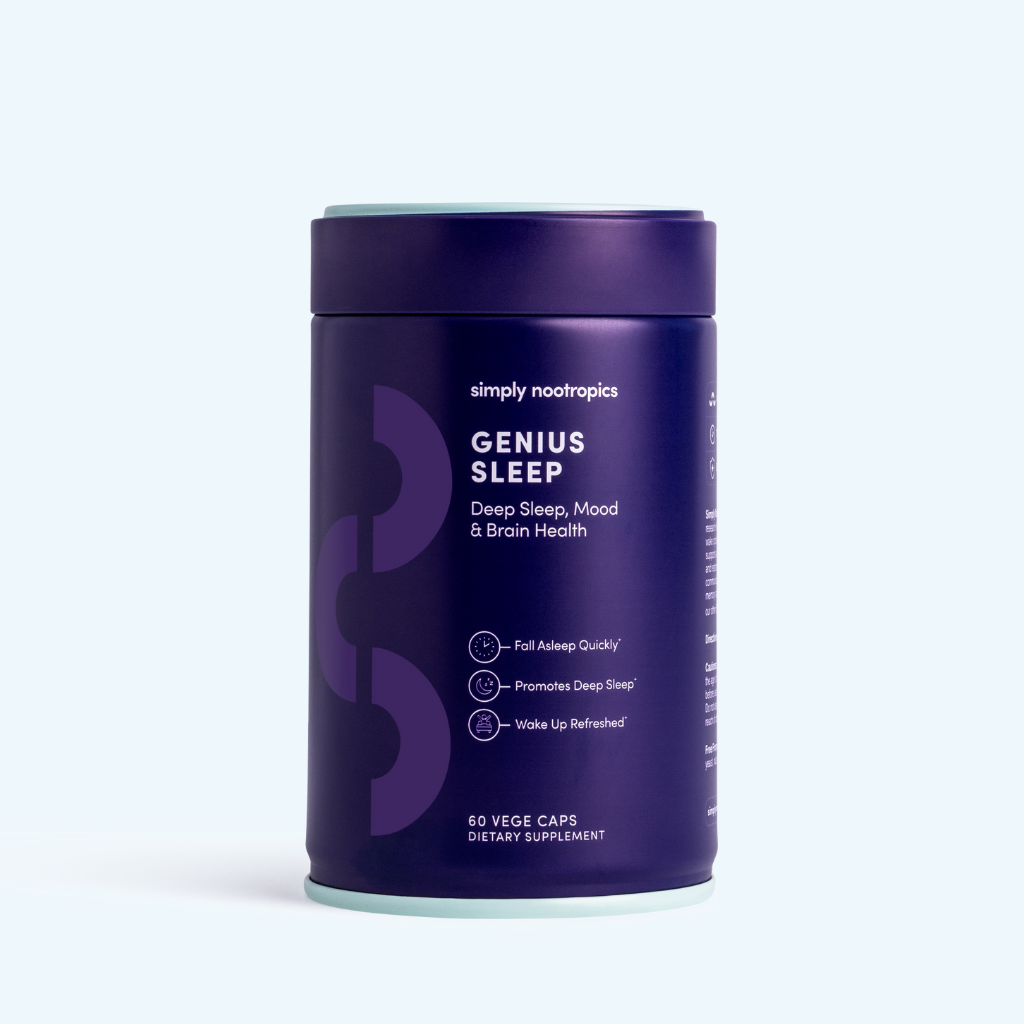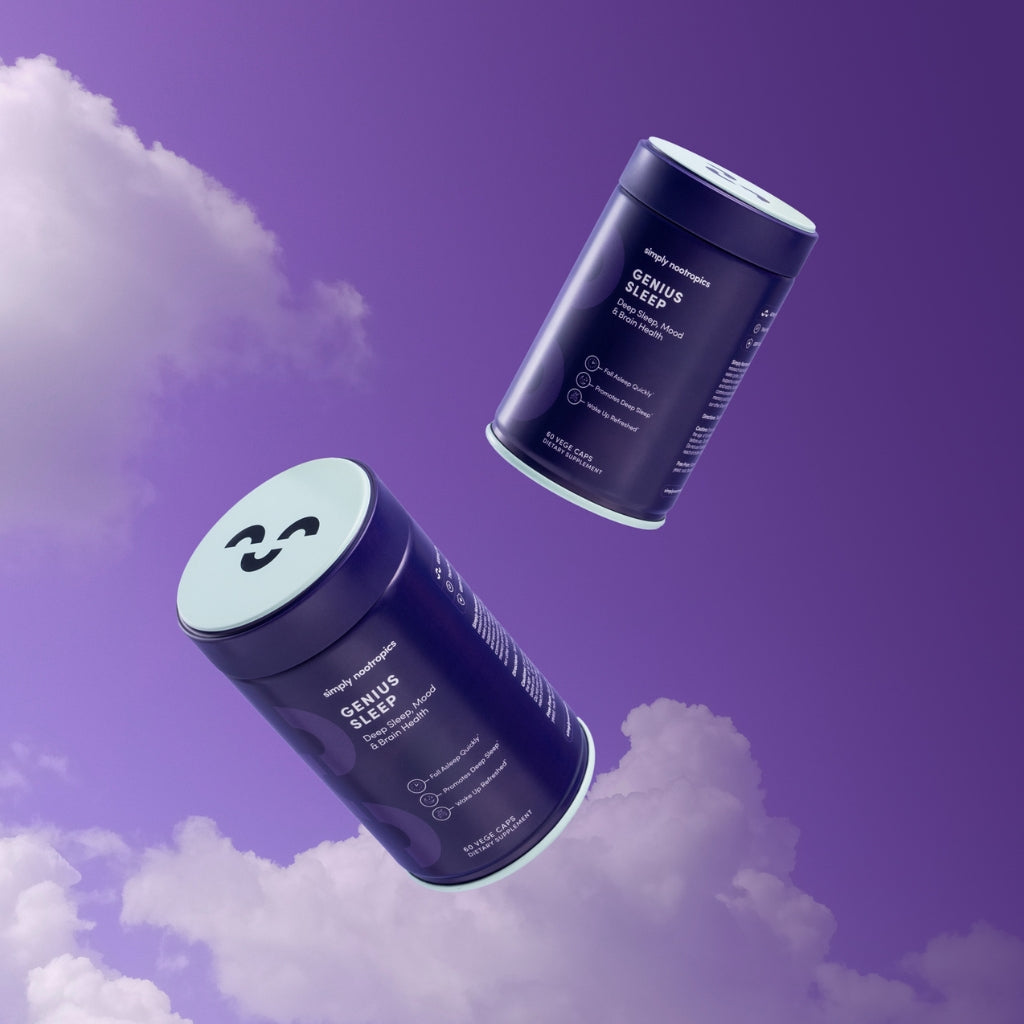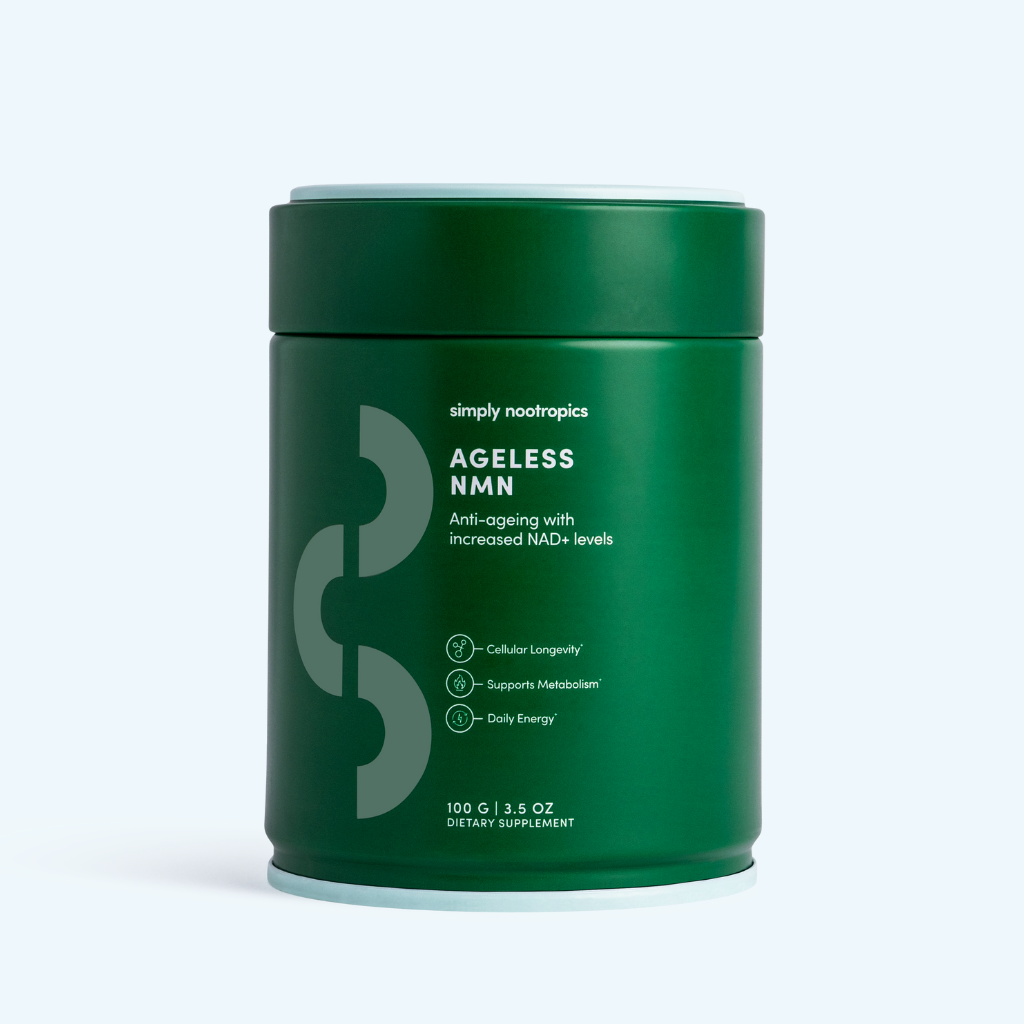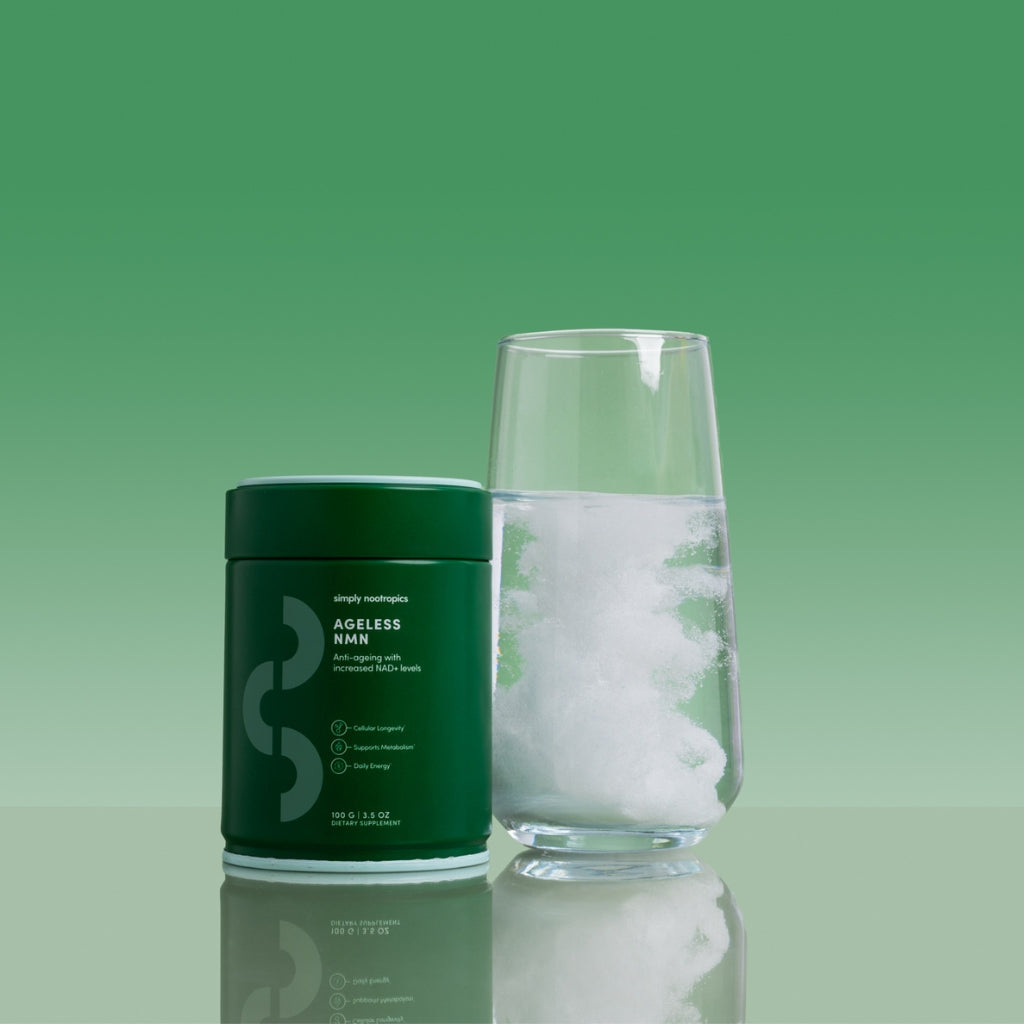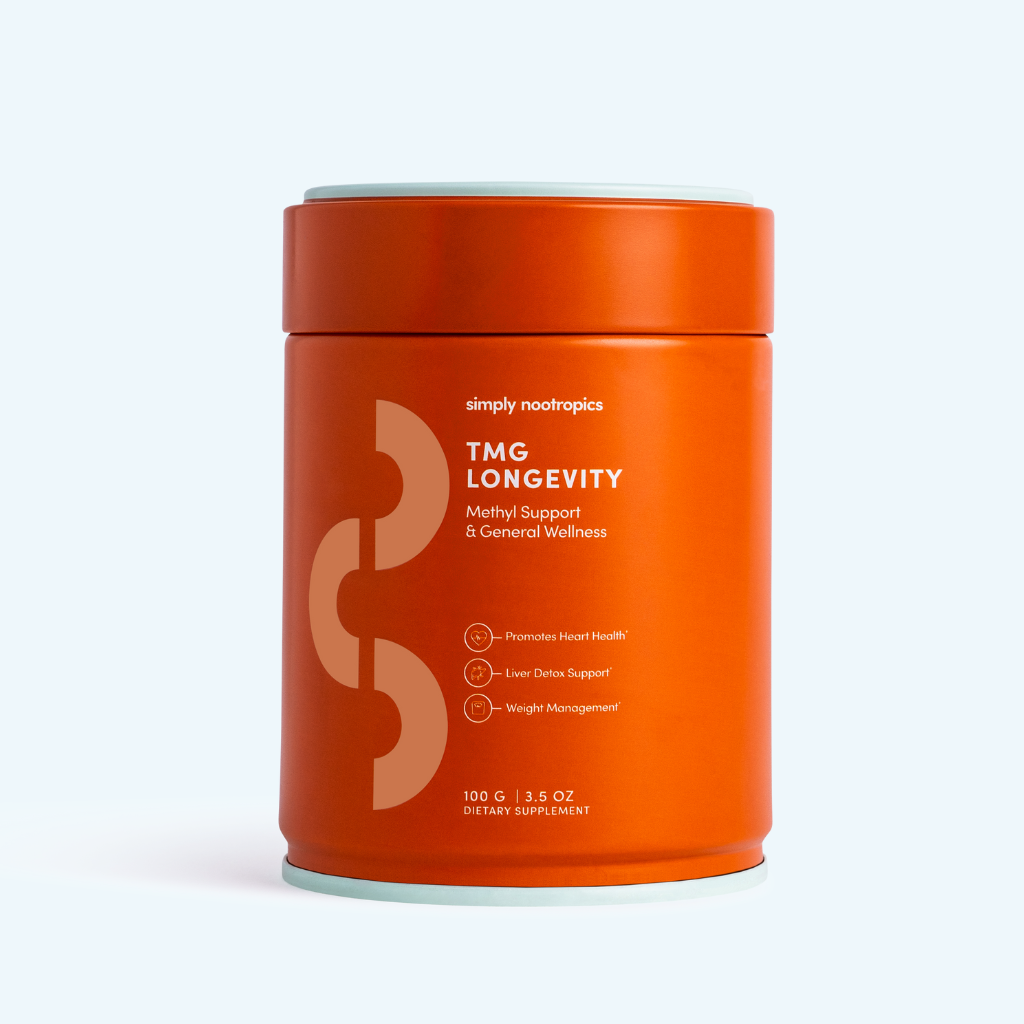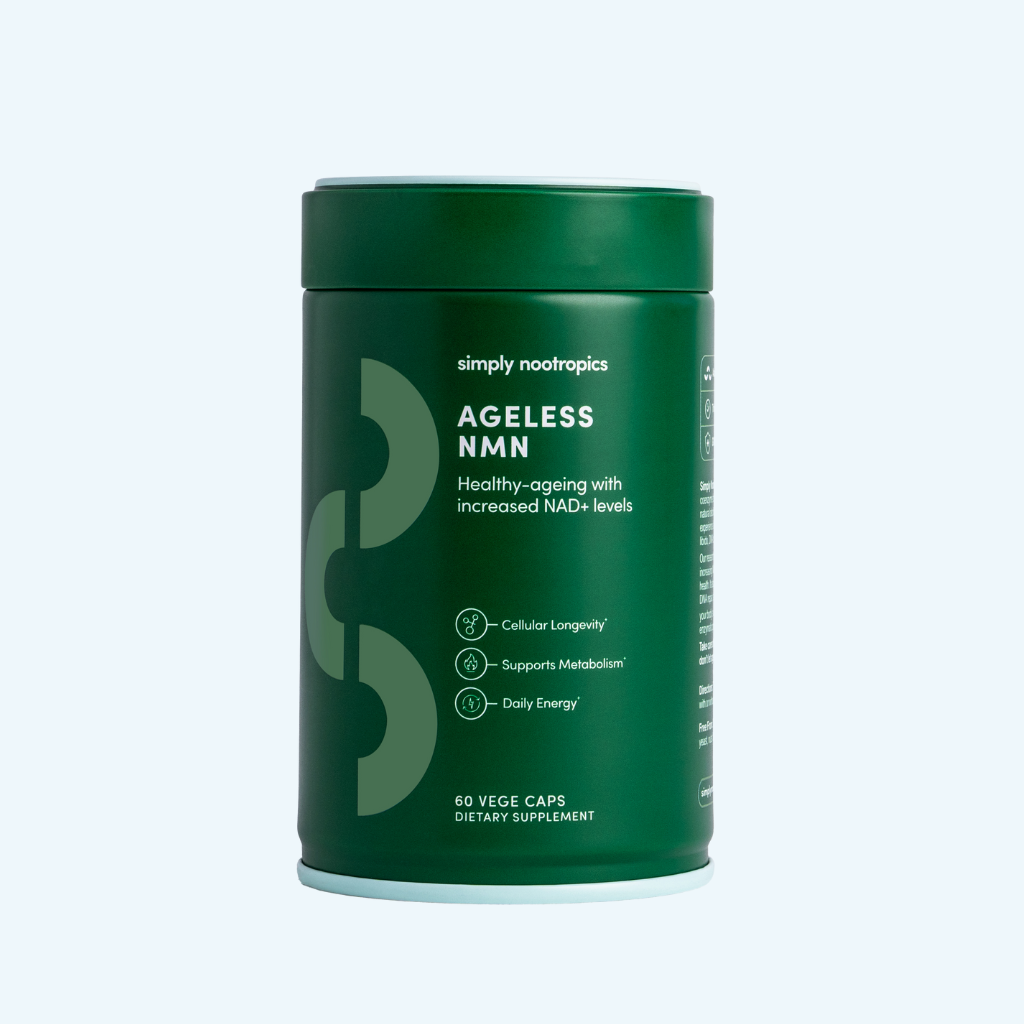We’ve all heard the message: get up early, move more, eat less, drink water, meditate. Wellness advice is everywhere, and most of it is grounded in good intentions. But sometimes, in the effort to feel better, we push our bodies in ways that actually leave us worse off.
It can be a subtle shift: you add an extra workout, or you cut back on caffeine, sugar, or calories because you’re trying to “clean up your routine.” But instead of feeling energised and focused, you’re scattered. You crash after lunch. Your sleep’s a bit off, or your mood feels flat.
The truth? Even the healthiest habits can backfire, especially if your body’s already operating at a deficit. Let’s look at how that happens and what you can do to make wellness work with your body, not against it.
-
When “More Movement” Means Less Recovery
Exercise is one of the best things you can do for your brain, body, and long-term health. But it’s also a stressor. That’s not a bad thing: short-term stress can prompt adaptation. But if you’re undernourished, underslept, or overstretched in other areas of life, that stress becomes harder to recover from.
Overtraining, especially without sufficient rest or nutrient support, can lead to fatigue, elevated cortisol, poor sleep, and even impaired immune function. You might chalk it up to being busy or getting older, but in reality, your body’s waving a little white flag.
And for those using workouts to manage stress (which, again, is a great strategy), it’s worth knowing that exercise still draws from your energy and methylation reserves. If those systems are already under strain, the benefits can be blunted.
Support the shift: Recovery isn’t lazy, it’s where the gains happen. Instead of adding more, try balancing intensity with low-impact movement like walking or yoga. Pay attention to how you feel after a workout, not just during. And make sure your body has what it needs to repair at the cellular level with nutrients like magnesium, methyl donors like TMG, and NAD+ precursors like NMN to help.
-
Fasting: Great in Theory, Not for Everyone
Intermittent fasting has gained a huge following for its potential benefits: better metabolic health, improved focus, cellular repair. And for many people, it works well.
But for others, especially those under chronic stress, dealing with hormonal fluctuations, or recovering from burnout, it can be more taxing than helpful.
That’s because fasting is another stressor. It nudges the body to become more efficient, yes, but if you’re already running low on fuel, it can also increase cortisol, throw off blood sugar, and make you feel foggy or flat.
This doesn’t mean fasting is “bad.” It just means it’s a tool, and like all tools, it works best when used appropriately. If your body is struggling to regulate energy, mood, or sleep, consider adjusting your approach.
Support the shift: If fasting is part of your routine, try a gentler window, say, 12 to 14 hours instead of 16 or more. Break your fast with nutrient-dense meals rich in good fats, protein, and methylation-friendly nutrients (like choline or folate). And listen to your body, if fasting leaves you more tired or irritable, it’s worth rethinking the timing or frequency.
-
The Cost of “Eating Clean”
Wellness culture loves a restrictive reset. No sugar, no gluten, no caffeine, no dairy. Sometimes it helps, especially when addressing intolerances or inflammation. But sometimes, it tips into depletion.
If you’re cutting whole food groups or running on low-calorie, low-fat, or low-carb plans for too long, you risk missing out on essential nutrients. B vitamins, magnesium, zinc, choline, these compounds keep your energy, focus, and recovery on track. Without them, the body struggles to methylate properly, detox efficiently, or make neurotransmitters.
The result? You’re doing all the “right” things, like eating greens, drinking smoothies, getting in your steps, but you still feel off. Maybe you can’t focus, your sleep feels light, or your skin looks tired. That’s not failure. It’s feedback.
Support the shift: Focus less on removing and more on replenishing. Whole eggs, nuts, dark leafy greens, mushrooms, and legumes are good places to start. For extra support, targeted supplements like TMG or a balanced nootropic blend can help bridge gaps and support your body’s real needs, especially during stressful periods.
Wellness Routines Aren’t One-Size-Fits-All
The idea that there’s one “right” way to be healthy is deeply ingrained. But your needs shift constantly, season to season, month to month, even week to week. What worked brilliantly last year might leave you depleted today.
There’s no shame in adjusting. In fact, the most sustainable wellness routines are the flexible ones. The ones that make room for rest, real food, and support systems, not just in the form of people, but in the form of nutrients, rituals, and routines that restore you.
Some signs your healthy habits might be backfiring:
-
You feel tired even after sleeping
-
You’re craving carbs or sugar more than usual
-
You find it hard to concentrate or stay motivated
-
You feel flat after workouts instead of energised
-
You get irritable when you haven’t eaten
-
You’re relying on caffeine more than you used to
If that sounds familiar, it doesn’t mean you need to throw your habits out the window, it might just mean your body’s asking for a different kind of support.
Wellness isn’t about pushing harder or cutting more. It’s about noticing what’s working and what isn’t. It’s about supporting the systems that keep you feeling sharp, calm, and connected.
So before you double down on fasting, fitness, or another trending health strategy, ask: how’s your foundation? Are you sleeping? Digesting well? Recovering? If not, it might be time to scale back the stressors and build up your base.
Our recommendation is to try Ageless NMN for cellular repair and energy metabolism. Ageless NMN supports your cells where energy is made and used, helping replenish NAD+ levels, which naturally decline with age, stress, and overexertion.



